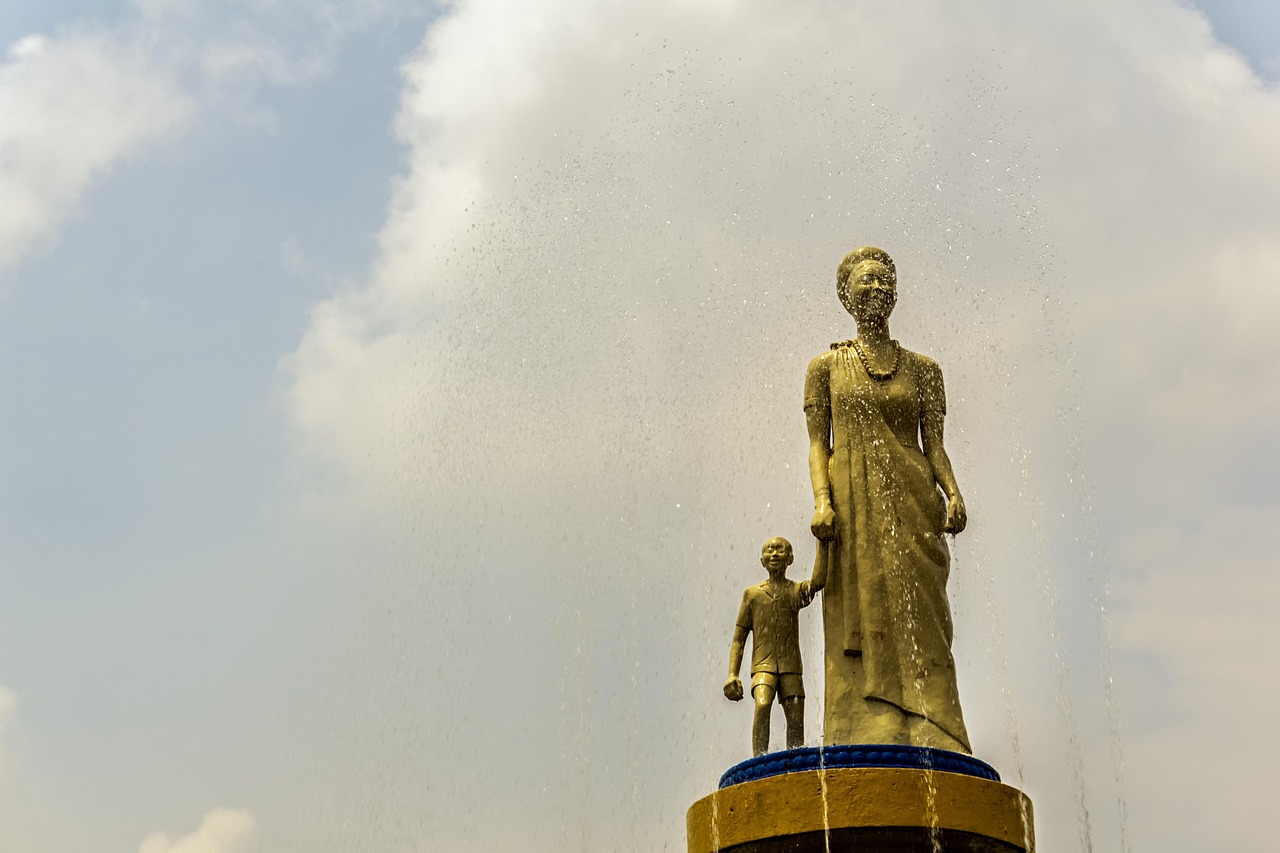
Rwanda’s international sports sponsorship efforts, particularly through its high-profile “Visit Rwanda” campaign, have recently come under scrutiny amid allegations of the country’s involvement in the ongoing conflict in the Democratic Republic of Congo (DRC). The campaign, which features prominently on the jerseys of elite European football clubs such as Arsenal, Bayern Munich, and Paris Saint-Germain (PSG), was designed to promote Rwanda as a premier tourist destination. However, critics argue that this branding effort is overshadowed by the country’s alleged military interventions in eastern DRC, where Rwanda is accused of supporting the March 23 Movement (M23) rebel group, with the DRC itself branding the sponsorships as “blood stained”.
The “Visit Rwanda” campaign was launched in 2018 as part of an aggressive marketing strategy by the Rwandan government to attract tourists and foreign investment. The campaign’s presence on the jerseys of Arsenal, Bayern Munich, and PSG has placed Rwanda on a global stage, leveraging football’s immense reach to rebrand the country as a safe and vibrant travel destination. This partnership has been financially significant, with reports indicating that Rwanda pays these clubs tens of millions of dollars annually for sponsorship rights.
However, these sponsorship deals have been met with increasing criticism, especially as tensions between Rwanda and the DRC have escalated. The Congolese government and various human rights organizations have called on these football clubs to sever ties with Rwanda, accusing the country of using sports sponsorships to mask its alleged involvement in the conflict in eastern DRC.
The conflict in the eastern DRC has been ongoing for decades, with various rebel factions vying for control over the region, which is rich in minerals such as gold, coltan, and cobalt. One of the most prominent rebel groups in recent years has been the M23, which has been linked to Rwanda. The DRC government and the United Nations have accused Rwanda of providing military and logistical support to M23, allegations that Kigali has repeatedly denied.
The recent resurgence of M23 has led to increased instability in eastern Congo, with thousands of civilians displaced by the fighting. The Congolese government has explicitly called on international sports organizations to end their partnerships with Rwanda, describing them as “blood-stained sponsorships” that indirectly fund Rwanda’s alleged military interventions in the region.
In response, Rwanda has dismissed these allegations, maintaining that it is not involved in supporting rebel groups in DRC. Instead, Kigali has accused the Congolese government of failing to address internal ethnic tensions and of harbouring anti-Rwandan militia groups such as the Democratic Forces for the Liberation of Rwanda (FDLR), which includes remnants of those responsible for the 1994 Rwandan Genocide.
Despite Rwanda’s denials, multiple reports from human rights organizations, independent investigators, and the United Nations have suggested otherwise. Evidence reportedly includes intercepted communications, satellite imagery, and testimonies from defectors who claim to have received arms and training from Rwandan forces. As a result, Rwanda’s credibility on the international stage has been questioned, with calls for greater scrutiny of its financial and military activities.
The controversy surrounding Rwanda’s sports sponsorships raises broader ethical questions about corporate responsibility and the role of international sports organizations in geopolitical conflicts. Major football clubs like Arsenal, Bayern Munich, and PSG have historically prioritized commercial interests, often securing lucrative sponsorships without deep scrutiny of their partners’ political or human rights records. However, the growing criticism of Rwanda’s alleged involvement in the DRC conflict puts these clubs in a difficult position.
The demand for these clubs to terminate their sponsorship agreements with Rwanda echoes previous instances where sports organizations faced pressure to distance themselves from controversial governments and entities. For example, the English Premier League faced significant backlash over Saudi Arabia’s Public Investment Fund’s takeover of Newcastle United, given the country’s human rights record. Similarly, FIFA and UEFA have been criticized for their ties to regimes accused of human rights abuses, including Qatar, which hosted the 2022 FIFA World Cup.
While Arsenal, Bayern Munich, and PSG have not issued official statements on the matter, pressure from human rights organizations, fans, and advocacy groups may force them to reconsider their relationships with Rwanda. There must come a point at which the money is no longer worth looking the other way, but if it exists for these clubs, an armed conflict that has claimed the lives of at least 900 people in recent weeks is currently not enough.
Beyond the football sponsorship debate, Rwanda’s alleged involvement in the DRC conflict has broader geopolitical implications. Relations between Rwanda and the DRC have deteriorated, with diplomatic efforts struggling to yield lasting peace. The African Union and regional organizations, such as the East African Community (EAC), have attempted to mediate between the two countries, but tensions remain high. This is further accentuated by the fact that a recent ceasefire announcement from M23 has been greeted with suspicion rather than with open arms.
Western governments, particularly the United States and the European Union, have expressed concern over Rwanda’s role in the conflict. In December 2024, the U.S. government imposed targeted sanctions on individuals and entities linked to M23, further intensifying scrutiny of Rwanda’s actions. European leaders have also debated whether to impose restrictions on Rwandan government officials and business enterprises accused of fuelling the conflict.
Meanwhile, Rwanda continues to expand its global branding efforts beyond football. The country has invested in hosting international conferences, securing partnerships with luxury travel companies, and promoting itself as a technology and innovation hub. These efforts aim to cement Rwanda’s reputation as a forward-thinking, business-friendly nation, despite the ongoing controversy surrounding its foreign policy and military activities.
As the conflict in eastern DRC continues, the ethical and political ramifications of these sponsorships will likely intensify. If Arsenal, Bayern Munich, and PSG maintain their partnerships with Rwanda, they risk reputational damage and potential backlash from human rights organizations and fans. On the other hand, if they choose to cut ties, it could send a powerful message about the role of sports in promoting ethical governance and human rights.
Ultimately, Rwanda’s dual strategy—investing in sports sponsorships while facing accusations of military intervention—raises fundamental questions about how nations use soft power to shape global perceptions, even as their actions on the ground tell a different story. The coming months will determine whether Rwanda can maintain its carefully curated international image or whether mounting evidence and global pressure will force a reassessment of its sponsorship deals and foreign policies.
If you look on the UK government website under travel advice for Rwanda there are two warnings:
FCDO advises against all travel to parts of Rwanda.
FCDO advises against all but essential travel to parts of Rwanda.
Image: Kigali, Rwanda, 2020//CC0



Average Rating